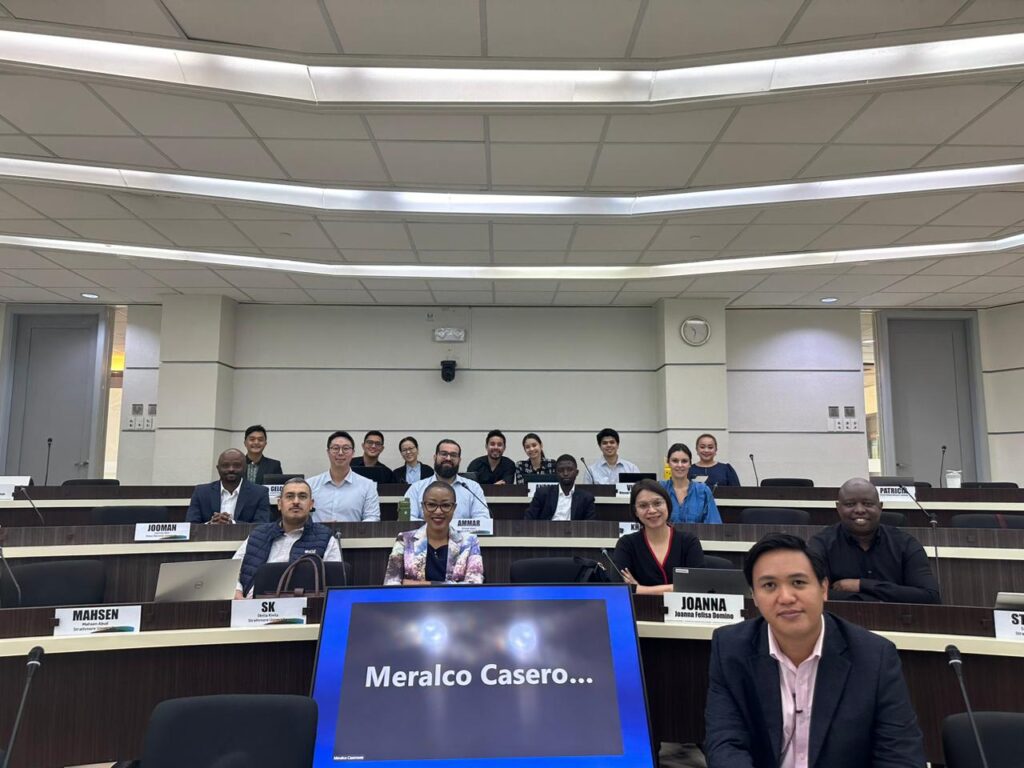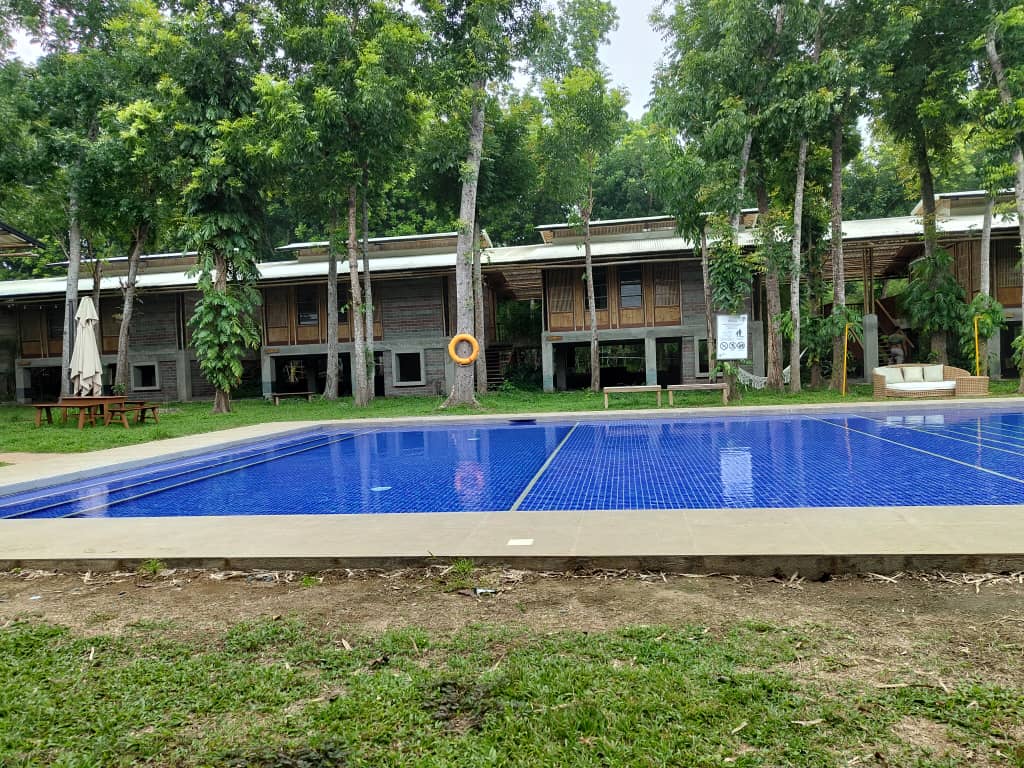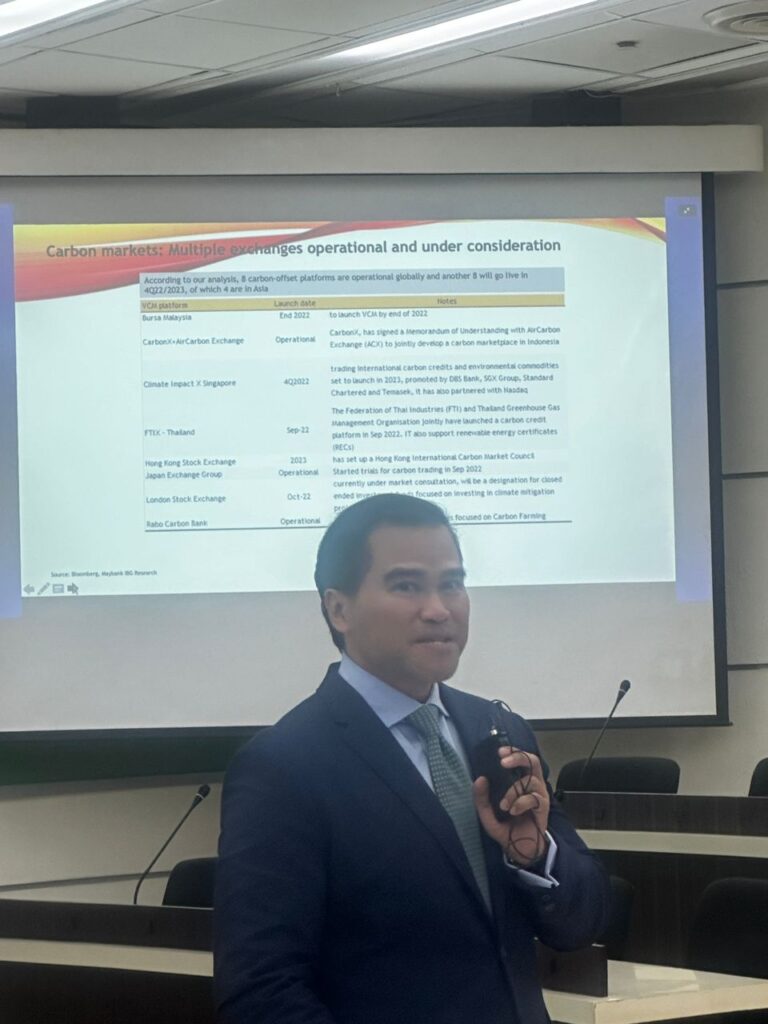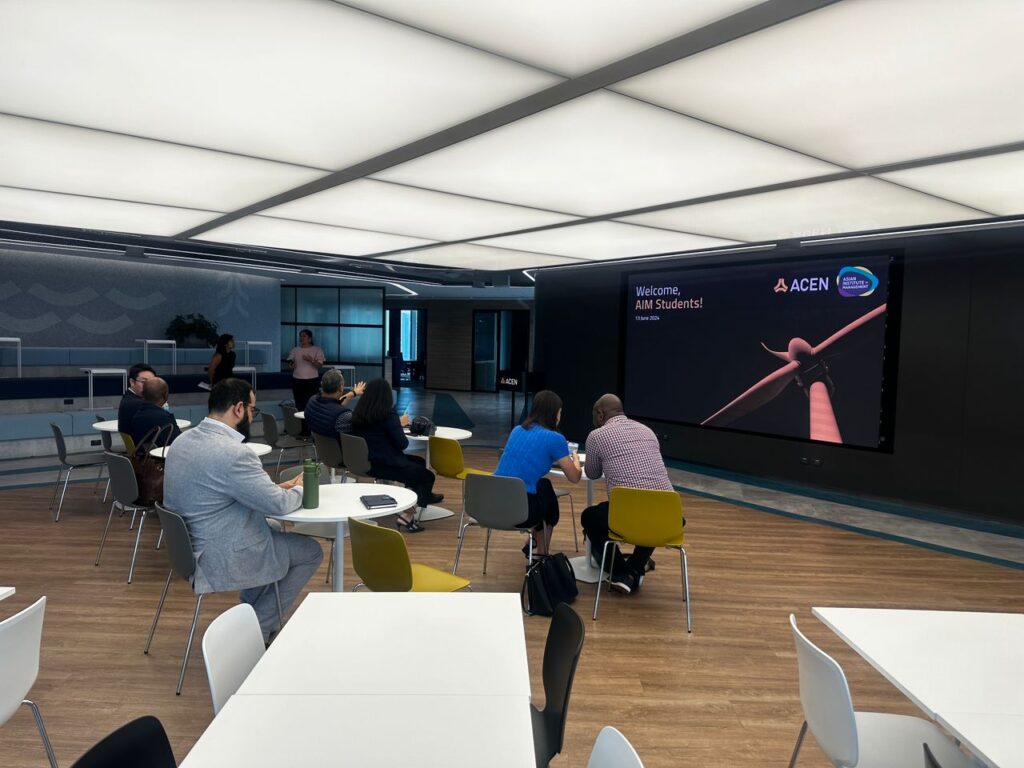By Ian Ortega
In June this year, I was a visiting scholar to the Washington SyCip Graduate School of Business at the Asian Institute of Management (AIM) in Makati, Philippines. AIM was established in 1968 in partnership with Havard Business School and has soared to become a top ranked business school in the Asia-Pacific region.
In a pioneering feat, scholars from Strathmore Business School (Kenya), Seoul National University (South Korea), and UNSW Business School (Australia) came together to champion the New Language of Business (NLOB).
Financial Accounting used to be the language of business; businesses used to extract financial statements and communicate the positions of the business and the changes in that position to the network of shareholders, bankers, regulators, suppliers to mention but a few. Fast forward, from the movement of seeing the purpose of business as maximization of shareholder value to business taking on a more conscious purpose in society, this language of business has changed.

The New Language of Business is now an integration of four facets: financial accounting sustainability, sustainable finance and cyber-security. These facets defined the meeting of minds in Makati.
On Sustainable Finance
Prof. Felipe Calderon elucidated that Sustainable Finance is that process of taking environmental, social and governance considerations into account when making investment decisions in the financial sector, leading to more long-term investments in sustainable economic activities and projects. The takeaway here is that banks in their nature as resource allocators could be drivers of sustainability through their assessments. This could involve sustainable lending solutions, such sustainability-backed loans, and lower-interest rates for projects that have demonstrated higher sustainability scores.
With Prof. Saba Sana Kareemi, we also revisited the conversation on Islamic Finance. And together we wondered; ‘how did usury become the modus viveni’ of our times. I must confess, I was rocked out of my chair during this discussion. Markets have always been at the centre of justice, and with Prof. Saba we explored non-interest-based solutions to banking. For emerging economies such as Uganda, the time is just right to rethink our modern financial institutions. Think of the creative solutions such as Jeonse in South Korea. Perhaps the parting shots here is to say; ‘if banks share in profit, they should also share in loss’.
On Sustainable Tourism
Here, we reimagined sustainable tourism not just as a triple bottom-line but a quadruple bottom line of financial growth, environmental stewardship, community engagement and organizational development. The Filipinos have redefined tourism with their brand of service that now forms their signature of hospitality. When it comes to sustainable tourism, the watchout here is for countries and communities to guard against the elite capture of tourism. And nowhere is the concept of stakeholders more important than in tourism where competing, varying priorities and interests towards a common vision must be managed. The ground-breaking outcome here was a new way of mapping tourism stakeholders. Rather than have everyone in the same room, there’s a star model where stakeholders are mapped based on interests. For example, when it comes to regulation, it’s better to have this discussion with the National Government, the Local Government Unit and the International Bodies. When it comes to Conservation, it’s conversation between communities, the national government and the local government. And finally, when it comes to livelihood, it’s the community, businesses and the local government unit. To build thriving ecosystems of sustainable tourism, both the supply side and demand side of tourism must be assessed. For those running tourism lodges, it’s now time to ask; ‘what are you sourcing from their communities where you operate?’ We crowned this conversation with a visit to the Kilyawan Farm Resort and saw sustainable tourism and architecture at play.

On Cloud Computing, Cybersecurity and Sustainability
Data, or the cloud is the new capital. As we continue to outsource most of our storage and processing services to the cloud, we must not forget the impact of these data centres, from their electricity usage, the potential electronic waste, and the security risks. In this conversation, we also explored cybersecurity and sustainability. What is the future of cybersecurity in a world where we can now have AI enhanced attacks? Whereas we have ChatGPT, we also have its equivalent WormGPT for enhancing hacking capabilities. The AI models we are building can be poisoned, and the AI systems can be jail-broken. As organizations build their AI capabilities, we must not forget these emerging or already present risks.
Stock Exchanges and Sustainability
In another captivating exchange, we had Roel Refran from the Philippine Stock Exchange explaining the role of stock exchanges in advancing sustainable finance. The big question here is who is going to fund the transition? How will companies report these negative effects on their balance sheets? If you shut down your HFO boiler and transition to a Biomass boiler, how will you account for this transition? IFRS S1 and S2 has now placed a provision for losses, asset write-offs and accelerated depreciation, but this transition is still a continuum. The jury is still out when it comes to returns and costs involved in transitioning.

The question of standardized reporting is also a big one. What should companies report on? How do we know if your green report is greener than mine? What should companies target? What should they report on? Scope 1, scope 2, scope 3? Now, when it comes to disclosures, it’s being kept at ‘comply or explain’ versus mandatory disclosure. But the question of materiality assessments arises. How do we prevent green washing? With Refran, we also explored carbon markets. Are we about to see markets in East Africa issuing sustainability-linked bonds? We are in the early days, but the train has already moved.
Observations
It’s clear that sustainability will require more action than talk. It’s also clear that it’s more complicated than what meets the eye. Everywhere you look, you will soon see an aspect of sustainability. We could think of sustainable marketing, we could think of ESG and the law. How do we solve for the current inconsistencies in the standards?
Finally, we also made a visit to ACEN. ACEN is one of the world’s leading renewable energy companies. It’s also a company that has moved the talk in transitioning. In 2022, ACEN divested and took on an early retirement of its 246MW coal plant and is now aiming to be a 20GW renewable energy platform. We were hosted at their headquarters which happen to be LEED Gold-certified. With ACEN, it was evident that transition is possible if organizations put money behind their aspirations.
About the Writer: Ortega is an Innovation and Strategy Lead at O.G

